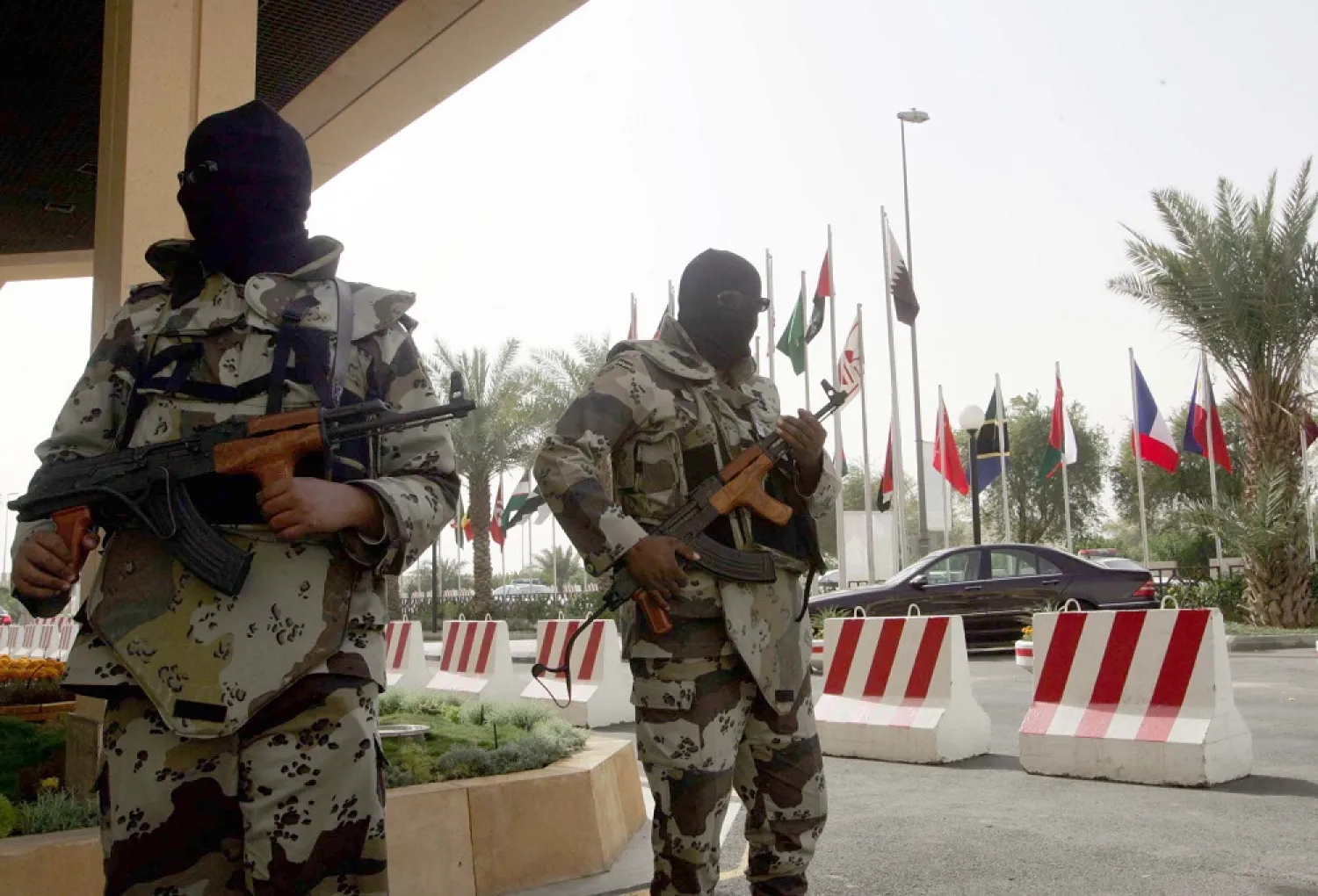The trial of four Saudi members of a terrorist cell got underway in Saudi Arabia on Thursday on charges of undermining security and incitement against the state.
Three of the members are accused of receiving training at Iranian camps of the Lebanese “Hezbollah” group.
The suspects are accused of incitement in the al-Shuweika neighborhood in the al-Qatif region. They are also suspected of smuggling members of the cell, also Saudis, to Iran in order to receive training at “Hezbollah” camps there.
They are trained on the use of machineguns, manufacturing of bombs using C-4 and TNT explosives and targeting security forces.
Once the training is complete, the terrorists are then smuggled by sea from Iran to Saudi Arabia to carry out their attacks that are aimed at undermining the kingdom’s security. Arrangements for the smuggling are made through a wanted fugitive currently in Iran.
Two of the suspects on trial are accused of financing fugitive individuals and groups. Others are also charged with taking part in riots and rallies in al-Shuweika neighborhood and chanting anti-Saudi slogans.
Furthermore, the charges against the terrorists demonstrated their “major loyalty” to “Hezbollah” by revealing their possession of the party’s flags, as well as images of its leader Hassan Nasrallah.
The General Prosecution demanded the death penalty against the four suspects if found guilty.
If the death penalty is rejected, then it demanded that the greatest punishment be laid down against them according to the 2014 royal decree that calls for three to 20 years in jail to anyone found guilty of fighting abroad. The same punishment also includes those belonging to extremist ideological or religious groups and internationally, regionally or locally designated terrorist organizations, or their backers.
The General Prosecution demanded that the four suspects also be fined for financing terrorism, possessing and smuggling weapons and inciting against the state. Funds seized in the possession of the suspects were seized and they have been barred from traveling.









